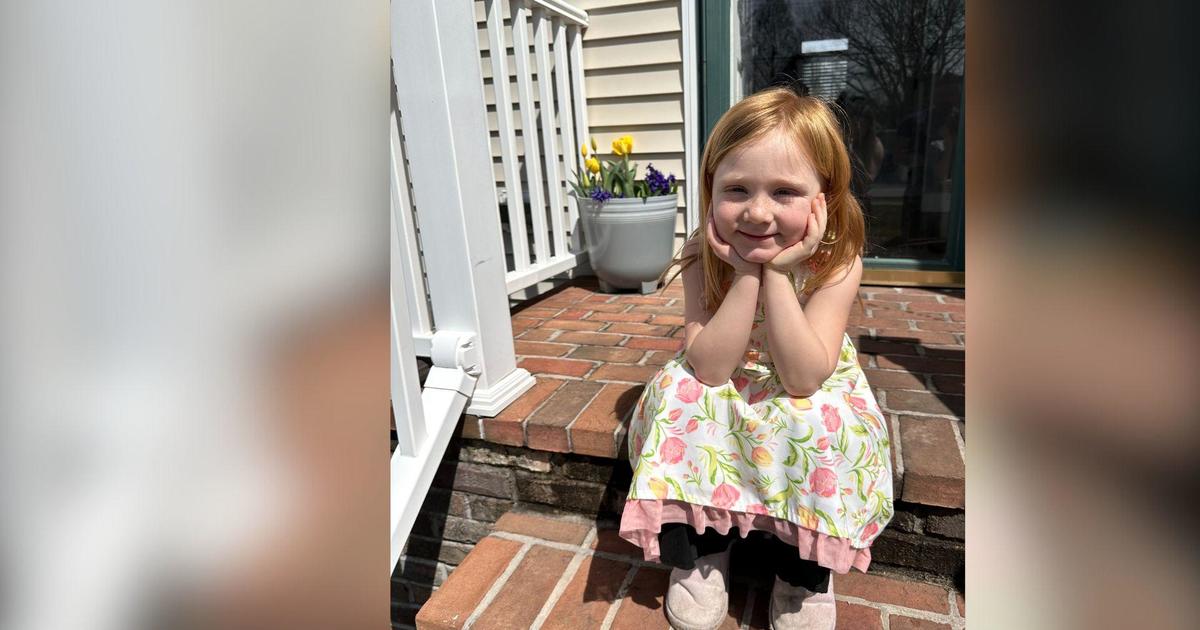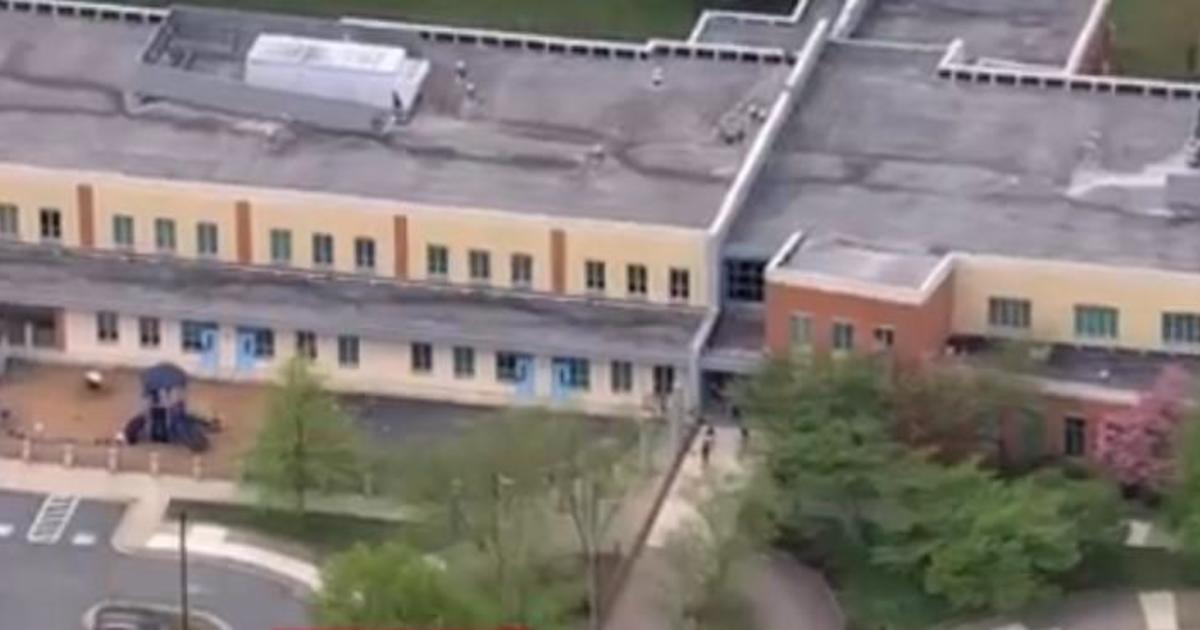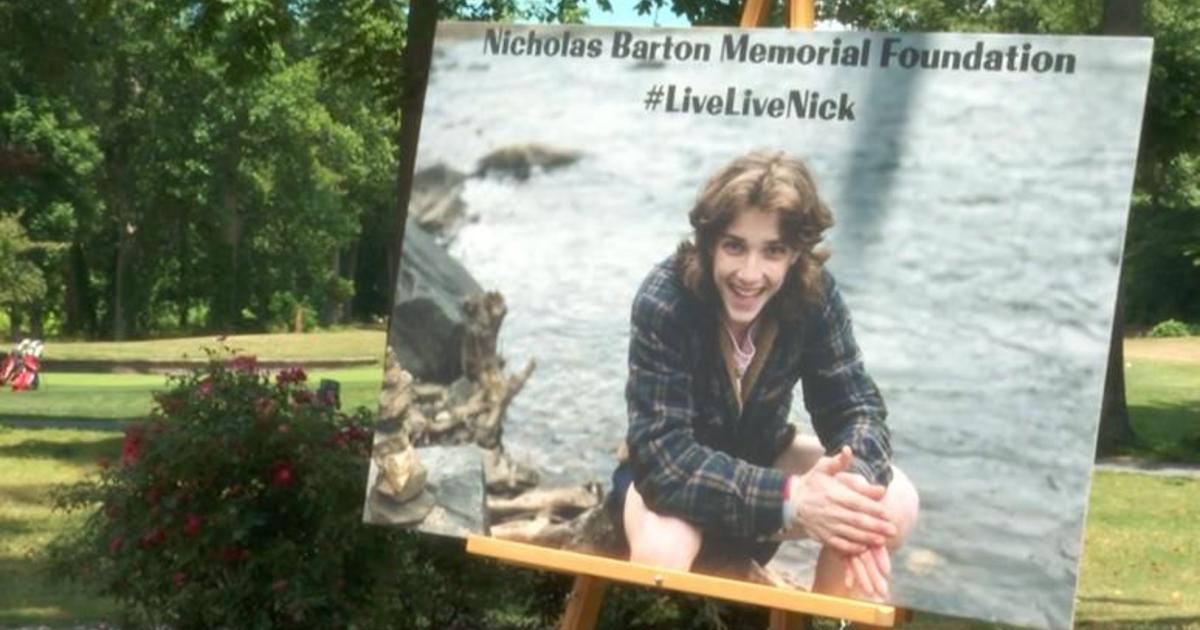Jonathan & Diana Toebbe Plead Not Guilty To Espionage Charges
BALTIMORE, Md. (WJZ) -- A U.S. Navy nuclear engineer from Annapolis will remain in custody while awaiting trial on espionage charges, but a federal judge has yet to determine if that should be the case for his wife.
Jonathan Toebbe, 42, and his wife, Diana, 45, pleaded not guilty Wednesday when they were arraigned in a West Virginia federal court on a three-count indictment charging them with selling classified data to someone they thought was a foreign intelligence officer but was in fact an undercover FBI agent.
The couple was arrested earlier this month following an FBI sting operation.
Authorities say over the course of several months, Toebbe hid memory cards filled with sensitive data inside ordinary items, such as a sandwich or a pack of gum, and dropped them off at sites in Pennsylvania, Virginia, and West Virginia, with his wife acting as a lookout.
They were indicted Tuesday on one count of conspiracy to communicate restricted data and two counts of communication of restricted data.
Each of those charges carries a maximum sentence of life imprisonment and a $100,000 fine.
In court Wednesday, Toebbe waived his right to a detention hearing and was ordered to remain in custody. But attorneys for his wife, who's accused of aiding and abetting her husband, maintained their client's innocence and contested an effort to keep her behind bars before the case goes to trial.
FBI Special Agent Peter Olinits testified about the pains the couple took to maintain a low-profile during the "dead drop" deliveries. He said they wore hiking clothes to blend in, disabled their phones' location services and parked far enough away from the drop-off sites to check if they were being followed.
Olinits said the couple was paid $100,000 in untraceable cryptocurrency, a fraction of the $5 million sum Toebbe allegedly sought. That money, he said, still hasn't been recovered.
A search of the couple's Annapolis home found $11,300 in cash, a specialized wallet for cryptocurrency, and a "go bag" containing a laptop computer and latex gloves, Olinits said. He said authorities also found a trash bag filled with shredded documents of sensitive data.
The agent cited a letter Jonathan Toebbe allegedly wrote in which he expressed a willingness to flee the country at a moment's notice. He also pointed to conversations the couple allegedly had over an encrypted messaging app, in which they discussed plans to leave the country.
"I have considered the possible need to leave on short notice," read a message left on the memory card at one of the drop-offs. "Should that ever become necessary, I will be forever grateful for your help extracting me and my family."
The FBI did not name the country that had allegedly been approached by Jonathan Toebbe to buy the documents.
Olinits said the agency is looking into whether any other foreign governments may have been sought out to buy the top-secret information. He also said the government has yet to recover all of the classified documents they believe Toebbe allegedly stole.
Under cross examination, Olinits acknowledged besides surveillance images of Diana Toebbe at three of four "dead drop" locations, investigators did not have concrete evidence proving that she had access to sensitive data or knew about everything her husband "was up to."
Federal prosecutors argued that Diana Toebbe was complicit in the plot. If released, they said, she poses a flight risk and has the potential to obstruct justice by altering or destroying evidence.
"They don't have any evidence of this stuff, of her knowing what her husband was up to," defense attorney Edward MacMahon said, calling the government's arguments "purely speculative."
MacMahon insisted his client was unaware of what her husband was doing. He said messages the government intercepted about her wanting to leave the country referred to her dislike of then-President Donald Trump and were not about evading law enforcement.
The defense proposed freeing their client on bond under the conditions that she is on home detention with active monitoring and that she does not have access to the internet.
"She's not going to flee the United States and leave her children, who need her, here," MacMahon said. "That's not going to happen."
U.S. Magistrate Judge Robert Trumble did not make an immediate decision on Diana Toebbe's status Wednesday, saying he would consider the attorneys' arguments and issue a written ruling later.



